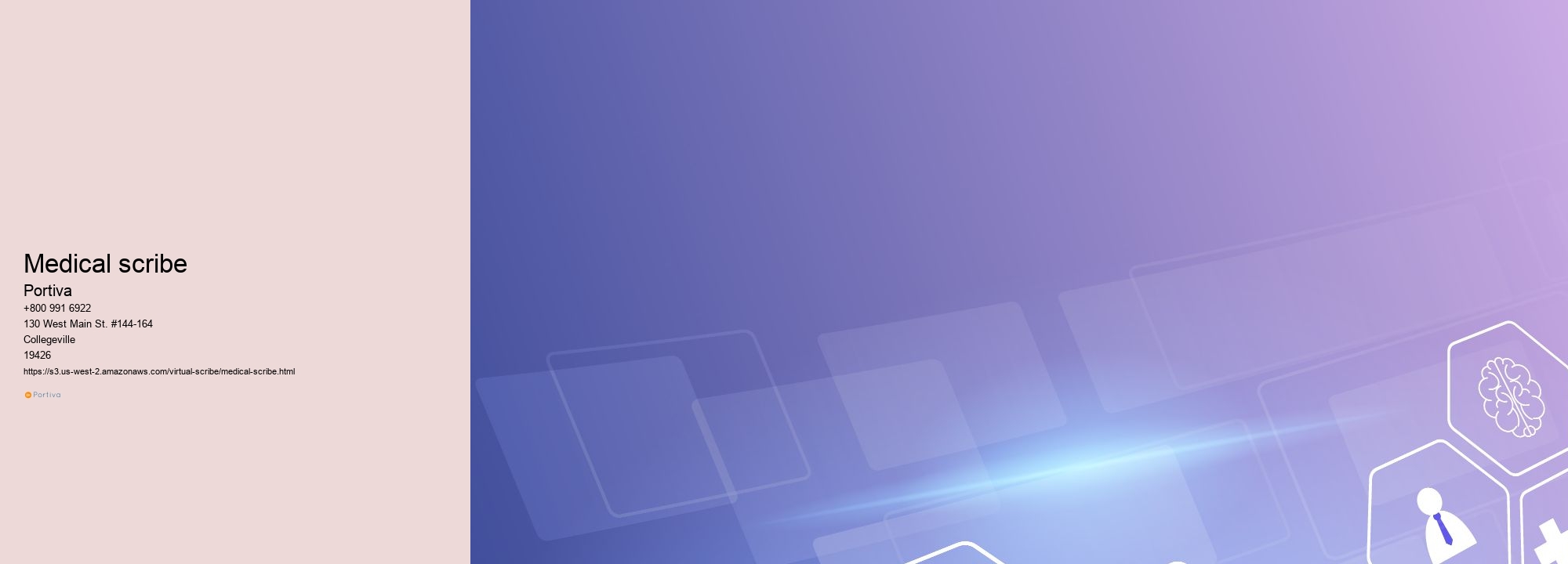
In basic terms, virtual scribing refers to the documentation of medical professionals' words and actions during a patient visit. A virtual medical scribe is an individual responsible for this task, and they're extremely valuable in streamlining the documentation process. While a college degree isn't necessary for virtual scribing, certification is generally required.
Virtual scribing is an excellent solution for healthcare professionals as it offers several benefits. One of the primary advantages is that virtual scribes are less intrusive as they don't physically have to be present in the exam room. This makes patients feel more at ease during their physical exams, leading to fewer inhibitions when discussing their intimate medical histories. As a result, healthcare professionals can provide better diagnosis and treatment plans, leading to improved health outcomes for patients.
A scribe's main responsibility is to document crucial information regarding a patient's medical encounter. This involves documenting the patient's history, physical examination, family, social, and past medical history. Additionally, scribes document any procedures performed during the exam, lab results, radiographic impressions dictated by the supervising physician, and any other relevant details related to the encounter. Essentially, scribes serve as the primary note-taker for medical professionals, ensuring that all vital patient information is accurately and efficiently recorded.